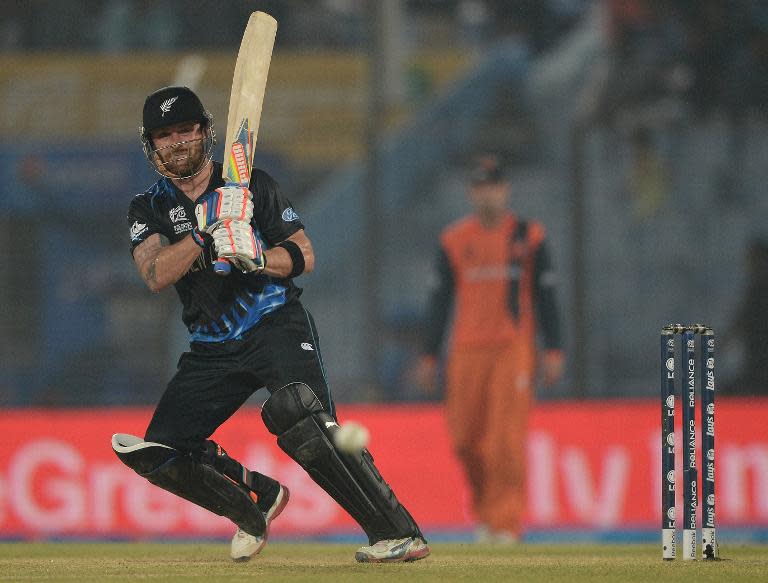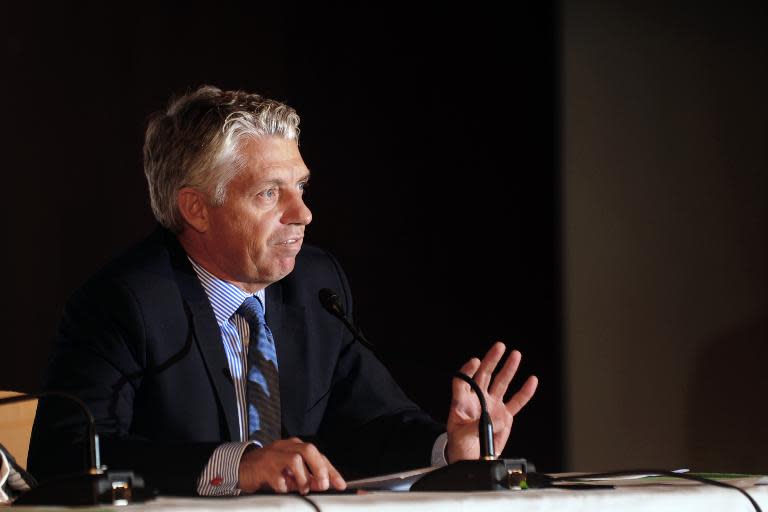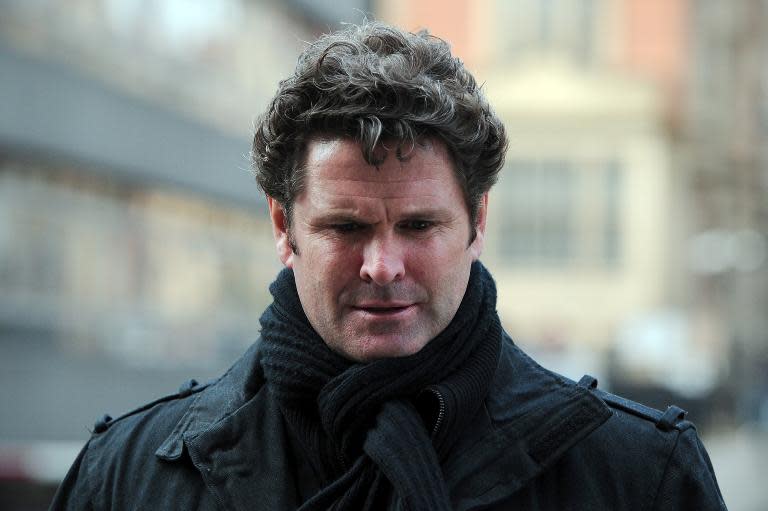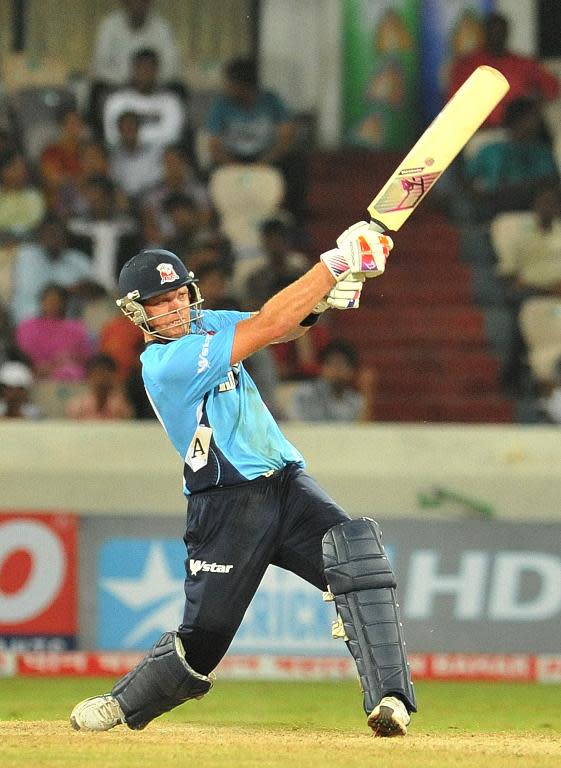Cricket Council launches probe into corruption leak
The International Cricket Council (ICC) launched an urgent inquiry Wednesday into how Brendon McCullum's testimony to a match-fixing investigation was leaked, while clearing the New Zealand captain of any involvement in corruption. ICC chief executive David Richardson admitted leaks of highly confidential information undermined confidence in the organisation's anti-corruption drive, expressing "deep regret" that McCullum's testimony became public. "We recognise that this is a deeply concerning development for the stakeholders in the fight against corruption in the sport of cricket, and we wish to emphasise that Brendon McCullum is not under investigation in this matter," he said. "We are taking all steps available to us to urgently investigate how certain information in the form of statements has come to find its way into the media." Richardson said he wanted to "correct any misperception that he (McCullum) is somehow under suspicion". New Zealand Cricket chief executive David White reacted angrily to the leak this week, demanding answers from the ICC about how evidence to its crack investigative unit came to be splashed over newspapers worldwide. In McCullum's evidence, reported by Britain's Daily Mail, he said a high-profile cricketer dubbed "Player X" approached him in 2008 and offered him up to £107,000 (US$180,000) a match to underperform. McCullum said he rejected the offer from a player he described as "a hero who became a friend". Former New Zealand batsman Lou Vincent, whose testimony to the ICC probe was also leaked, has reportedly admitted match-fixing for Player X, who he described as "a world-famous international". Former New Zealand great Chris Cairns has acknowledged his name has been linked to Player X but denied any involvement with corruption or match-fixing. - New leak on fixing scam - In yet another leak reported Wednesday, Vincent's wife Eleanor told investigators that Cairns allegedly recruited her husband in a match-fixing scam during the short-lived Indian Cricket League in 2008. "Lou and I kind of fell out about the whole ICL fixing thing, as I didn't want him to be involved, but Lou kept saying, 'don't worry, we're all doing it'," she said, according to a transcript obtained by TVNZ. Richardson did not give any time-frame for completion of the leak inquiry or the wider investigation into match-fixing, which reportedly involves games in at least five countries from 2008-2012. He defended the ICC's Anti-Corruption and Security Unit (ACSU), which has failed to secure a major conviction in its own right since it was established in 2000, with all successful match-fixing prosecutions stemming either from media stings or local police investigations. "We are confident that the ACSU's activities over the years have played an enormous role in limiting the opportunities for corrupt participants to involve themselves in untoward activity," he said. The ICC announced earlier this month that it was reviewing the ACSU, which reportedly costs US$5.5 million a year to run. There have been suggestions it will be replaced by investigation boards in individual countries, as these are better able to liaise with national police forces. Richardson emphasised the ACSU review had only just started, so changes to the unit had not been finalised. But he said the threat of match-fixing had changed in recent years, with domestic Twenty20 leagues now regarded as most vulnerable, rather than international games. "The ICC has consistently identified domestic T20 leagues as the form of cricket most at risk of corruption," he said. "In order to address this risk, a great amount of time and resource is spent focusing on these leagues."





